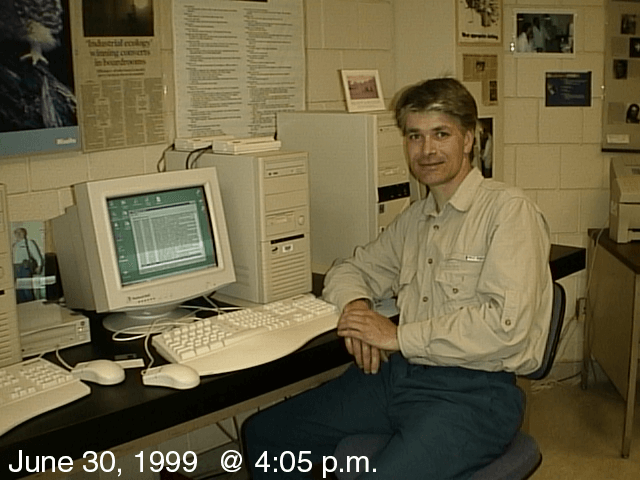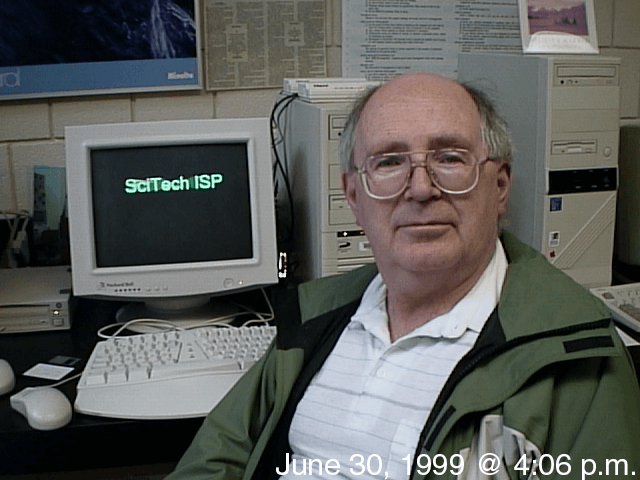I have not found any online social network, content management system, or cloud service that has surpassed the autonomous digital communications functionality and minimal financial costs found in the Worldgroup BBS running on a basic PC. Had the UNIX version of Worldgroup BBS survived and migrated to Linux as an open source application, perhaps there could have been a future transition to an open source Internet BBS.
The SciTech BBS technology was moved off-campus and ran privately until 2004 when static IP addressing became financially prohibitive (another story with Canadian Radio-television and Telecommunications Commission allowing no pricing controls on major IP hosts over small static IP users).
Lessons learned from developing and employing a BBS for education are many, from the computing technology to educational politics. What terminated the SciTech BBS innovation was a combination of factors including an increasingly volatile politics and lack of faculty or student solidarity in sustaining an effective online learning service. No matter how much students and staff were engaged and believed the SciTech BBS to be a useful tool in the educational environ, if the administration did not support the project, then sustainability was tenuous, and the SciTech BBS advocates were forever paddling upstream.
Monday, December 9, 1996, I was invited to a lunch discussion with the President and a small group of staff to discuss our views on[1]:
- how we would like to see the College develop over the next ten years
- how we could prepare ourselves for the 21st century learner
- what three things would we change at Mount Royal College
My response for change encompassed three things: people, incentives, and optimizing technology for the learner. Due to my feedback I was rewarded with an investigation into my “allegations” that was conducted by the vice-president, whereby all my colleagues were intensely interviewed. In 1997 the institutional report on my lunch feedback mysteriously vanished. However, from the aforementioned experiences I learned that there was no value in providing critical feedback to an institution fixated on process. In a different meeting where I was reprimanded for not understanding policy[2], I learned that intra institutional collaboration was only acceptable within certain policies that strictly controlled who could collaborate with whom in the institution. My impression is that the business of education with its accompanying politics ended our SciTech BBS innovation. By 1998 we were intensely attacked by the IT department as an irrelevant project that was a “security” issue for the institution[3].
Surviving founders of the SciTech BBS


